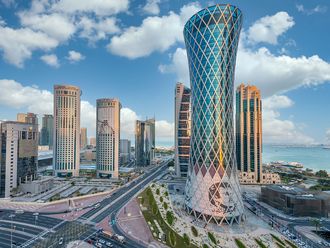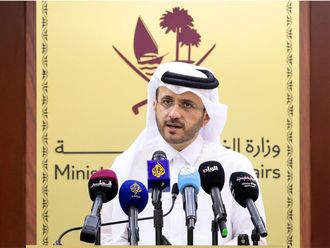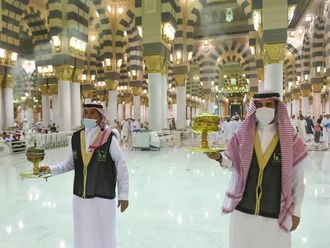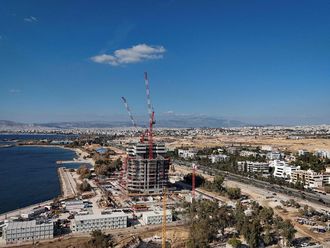Manama: Qatar has named its largest mosque after Imam Mohammad Ibn Abdul Wahab, the influential Muslim scholar who lived in the 18th century in today's Saudi Arabia.
"The mosque naming directive by the Emir Shaikh Hamad Bin Khalifa Al Thani is in honour of the reformer's position and a reflection of Qatar's keenness on the revival of the nation's symbols and civilization values," Qatar News Agency (QNA) reported on Tuesday.
Ibn Abdul Wahab (1703-1792) preached a return to "pure Islam" and called for purging Islam of what he considered "impurities and negative innovations."
In his teachings, he urged Muslims to uphold only "the original principles of Islam as typified by the Salaf" and to reject "corruptions introduced by bidah (negative innovations and heresy). The scholar emphasized that there could be no intercession between God and worshippers.
According to Ibn Abdul Wahab, the "Quran and the Prophet's Sayings are the only fundamental and authoritative texts, while commentaries and examples from the early Muslims are used only to support these texts and cannot be considered independently authoritative."
Ibn Abdul Wahab's teachings are dominant in Saudi Arabia and Qatar.
The new mosque in the Khuwair area in Doha can accommodate 10,000 worshippers at a time.
It has a total area of about 19,550 square metres on three levels, with a land area of 175,000 square metres and incorporates traditional Islamic architectural elements.
The striking feature of this domed beauty is more than two dozen big domes and as many small domes making up the upper portion of the structure.












